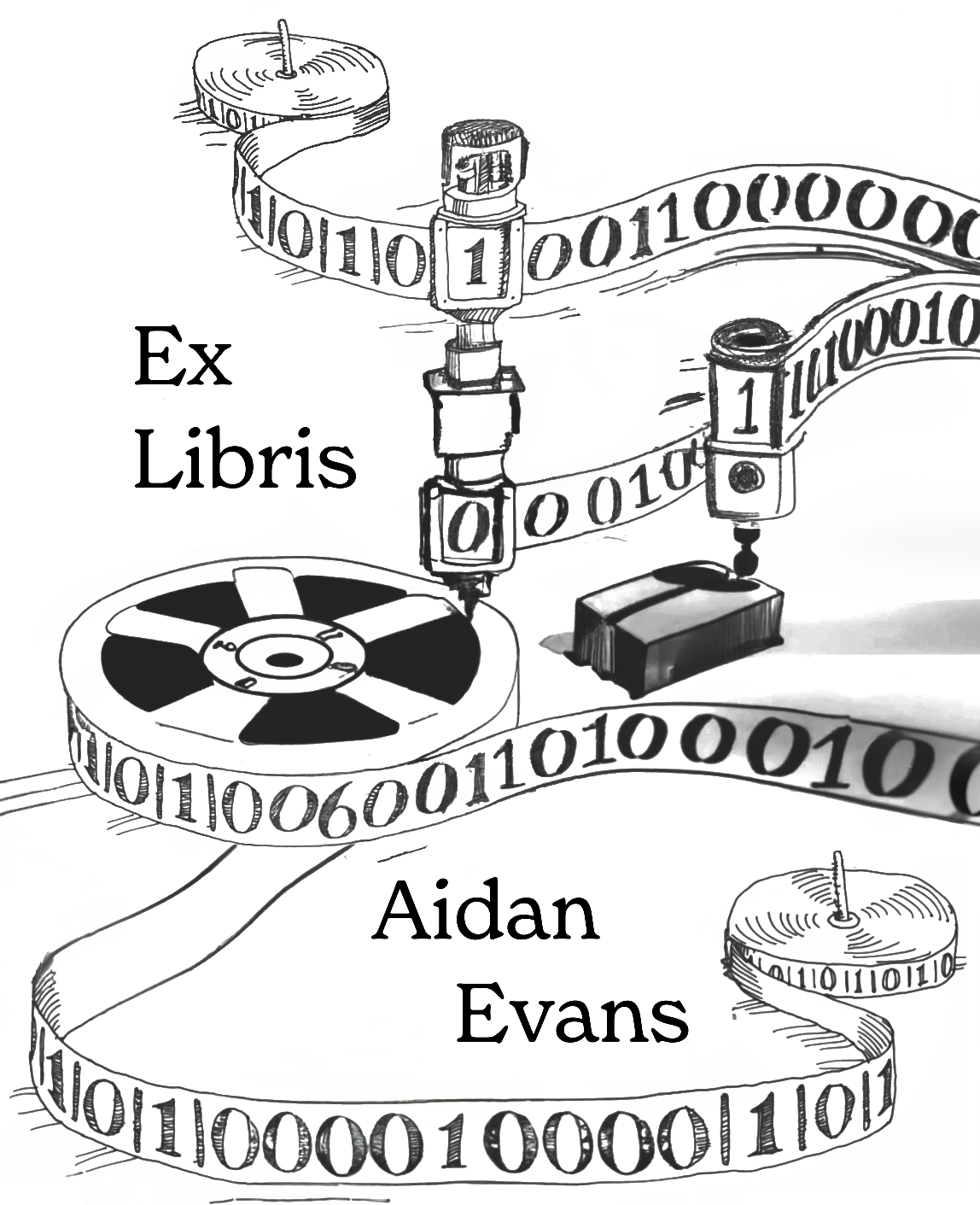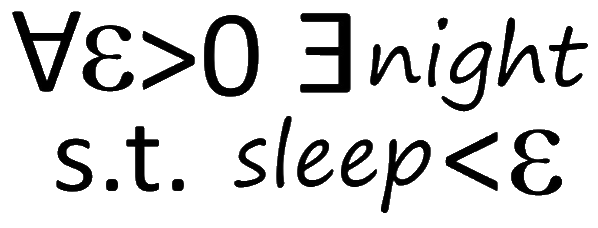Ramblings |
A Blog By Aidan Evans |
My First Publication!
February 26, 2023

I'm proud to annouce that I have gotten my first peer-reviewed publication! It is to be included in ACM's ICSE conference proceedings.
The Power of a Pushdown Tape
February 13, 2023
When most computer scientists hear "Cook's 1971 paper", they think about NP-completeness and of his paper proving the Cook half of the Cook-Levin theorem. That same year, however, he also published a paper on the relationship between time and space on a Turing machine when a pushdown tape is introduced. Like how adding a pushdown tape to finite automata increases the power of the machine from recognizing regular languages to context-free languages, adding a pushdown tape to a Turing machine also changes things up.
RSS Feeds and Why They're Great
February 11, 2023

RSS feeds are a great tool for subscribing to online content. In this post, I give some details on what they are and how to use them. They are one of the best ways to keep up to date with news sites and blogs, including mine!
Blog Plans for 2023
January 02, 2023

A quick post detailing the plans for this blog in 2023. Long story short, expect posts on computational complexity, Turing machines, personal stories, and of course myself rambling about whatever else comes to mind.
I made my own bookplate (using AI)
December 28, 2022

Bookplates are like stamps put on the inside covers of books in order to identify the owner. They started primarily in monasteries in the 15th and 16th centuries and were quite popular amongst personal libraries until the 1950s. They were used to personalize an individual's book collection and to encourage borrowers to return the book to its owner. With my collection of books growing, I decided to make my own bookplate. To do so, I used a combination of AI (specifically DALL-E) and hand editting. In this post, I explain what bookplates are and how I made my own using AI.
Logical Duality and "Et Cetera"
December 23, 2022
In the study of logic, many operators have a dual: AND gates have OR gates, universal quantifiers have existential quantifiers, and so on. We commonly use the term "etc." to abbreviate the Latin phrase "et cetera", which in English roughly translates to "and the like". We don't, however, have an abbreviation for "or the like" --- the dual to "etc.". Should we?
